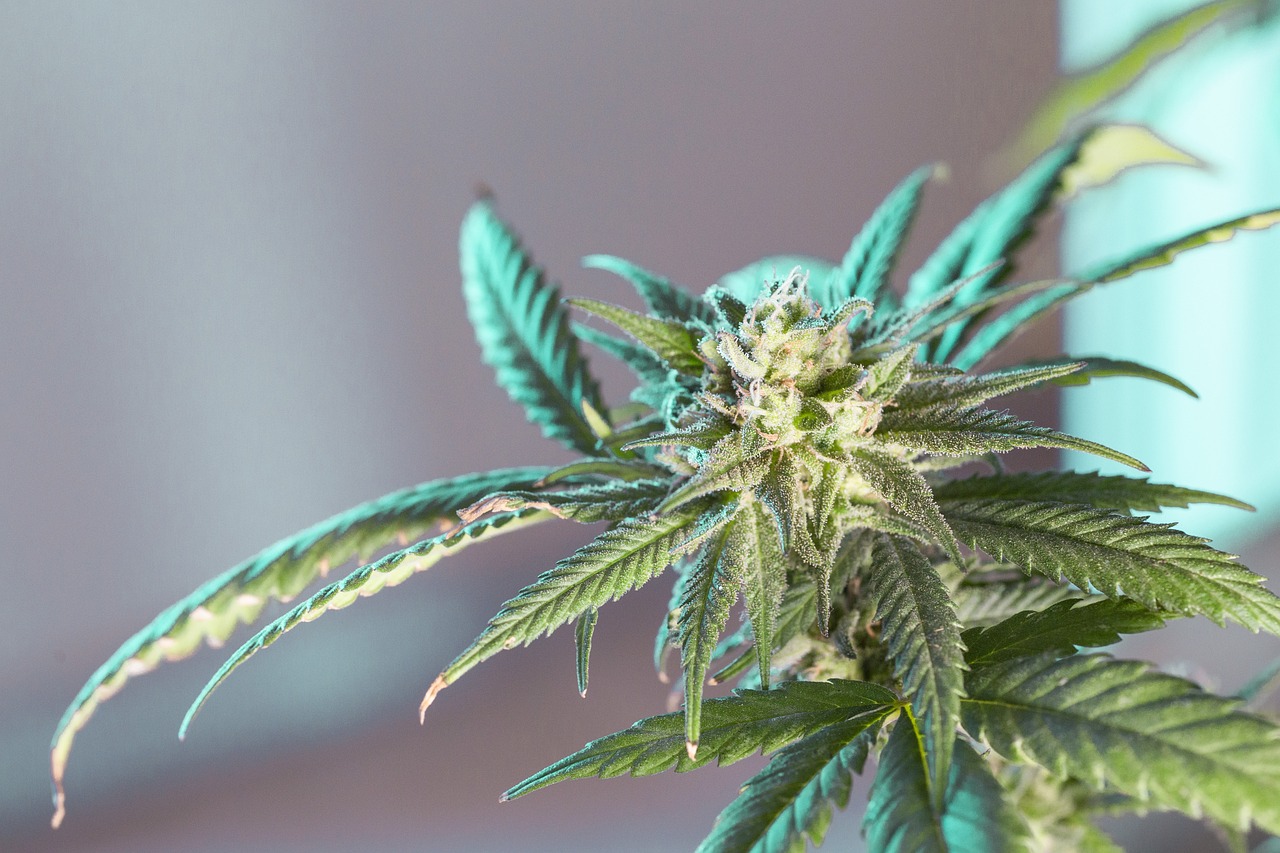As interest in cannabis continues to grow, many are exploring the diverse range of products available. One such product gaining attention is THCA flower. This guide aims to provide newcomers with a comprehensive understanding of THCA flower, its benefits, and how to consume it effectively.
What is THCA?
THCA, or tetrahydrocannabinolic acid, is a non-psychoactive cannabinoid found in raw cannabis plants. Unlike THC, which is known for its psychoactive effects, review for thca flower does not produce a “high” when consumed in its natural form. This makes it an appealing option for those seeking the therapeutic benefits of cannabis without the mind-altering effects.
Benefits of THCA
Research into THCA is still in its early stages, but preliminary studies and anecdotal evidence suggest several potential benefits:
- Anti-inflammatory properties: THCA may help reduce inflammation, making it useful for conditions like arthritis.
- Neuroprotective effects: Some studies indicate that THCA could protect brain cells, potentially benefiting those with neurodegenerative diseases.
- Anti-emetic effects: THCA might help alleviate nausea and vomiting, which can be beneficial for chemotherapy patients.
- Appetite stimulation: Like THC, THCA may help increase appetite, aiding those with eating disorders or undergoing treatments that suppress appetite.
How to Consume THCA Flower
There are several methods to consume THCA flower, each offering a unique experience. Here are some popular options:
Raw Consumption
Consuming THCA flower in its raw form is one of the simplest methods. This can be done by adding raw cannabis to smoothies or salads. This method preserves the THCA content, allowing users to benefit from its non-psychoactive properties.
Juicing
Juicing raw cannabis leaves and flowers is another way to consume THCA. This method is popular among health enthusiasts who want to incorporate cannabis into their diet without experiencing psychoactive effects. Juicing retains the plant’s nutrients and cannabinoids, providing a wholesome experience.
Topical Application
THCA can be infused into oils or creams for topical application. This method is ideal for targeting localized pain or inflammation. By applying THCA-infused products directly to the skin, users can experience relief without ingesting the compound.
Decarboxylation
To convert THCA into THC, the flower must undergo decarboxylation, a process that involves heating the cannabis. This can be done by smoking, vaping, or baking the flower. While this method activates the psychoactive properties, it may not be suitable for those seeking only the benefits of THCA.
Choosing the Right THCA Flower
When selecting THCA flower, consider the following factors:
- Strain: Different strains offer varying levels of THCA and other cannabinoids. Research strains to find one that aligns with your desired effects.
- Quality: Opt for organically grown cannabis to avoid exposure to pesticides and other harmful chemicals.
- Source: Purchase from reputable dispensaries or growers to ensure product authenticity and quality.
Legal Considerations
The legal status of THCA flower varies by region. In some areas, it may be classified similarly to THC, while in others, it might be considered legal due to its non-psychoactive nature. Always check local laws and regulations before purchasing or consuming THCA products.
Potential Side Effects
While THCA is generally considered safe, some individuals may experience side effects. These can include:
- Dry mouth: Staying hydrated can help alleviate this common side effect.
- Digestive issues: Some users report mild stomach discomfort when consuming raw cannabis.
- Allergic reactions: Though rare, some individuals may be allergic to cannabis. Discontinue use if you experience any adverse reactions.
Conclusion
THCA flower offers a unique way to experience the benefits of cannabis without the psychoactive effects associated with THC. By understanding the various consumption methods and potential benefits, newcomers can make informed decisions about incorporating THCA into their wellness routine. As research continues to evolve, the potential of THCA as a therapeutic compound becomes increasingly promising.
